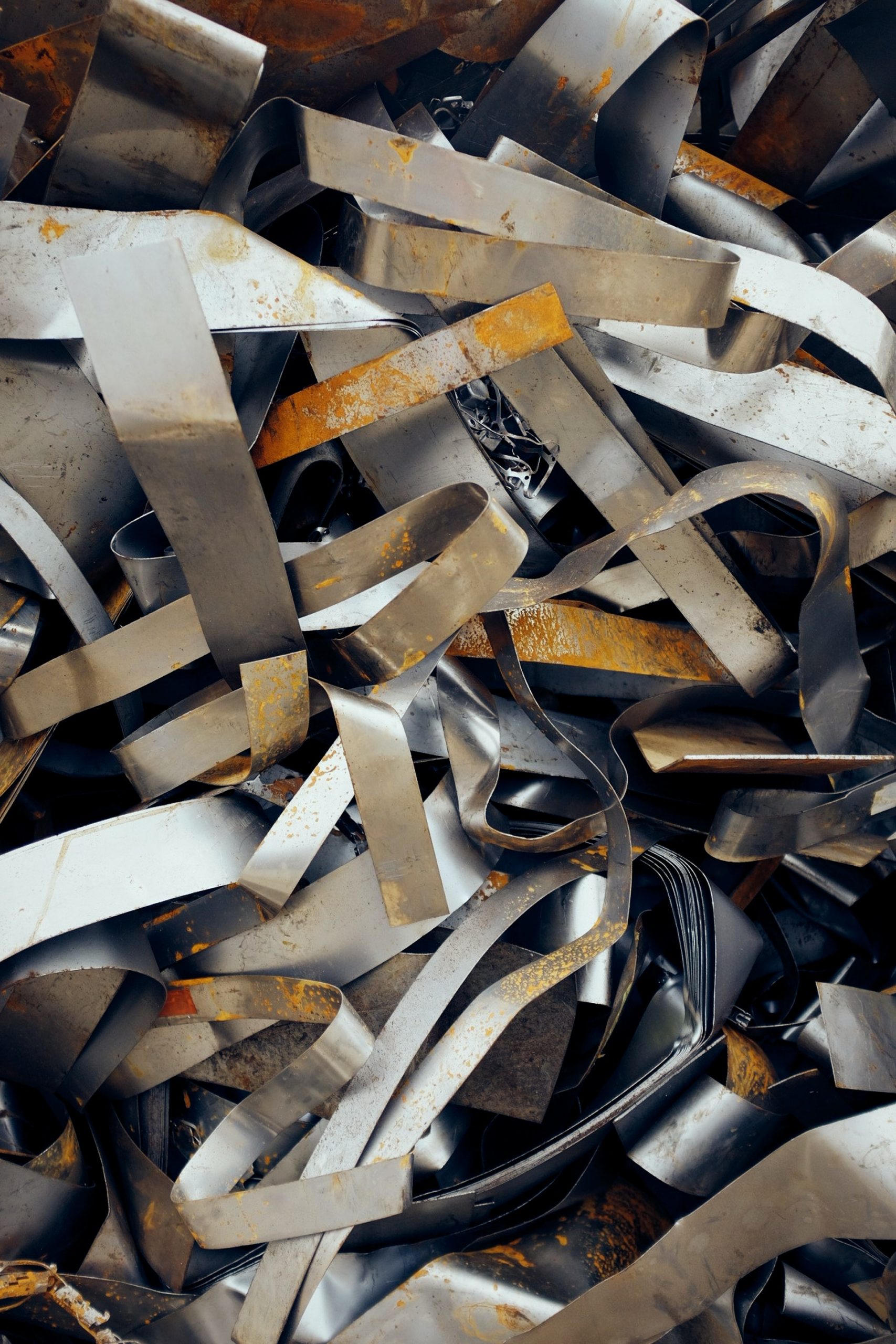Energy and ferrous scrap supply are at the top of the agenda for the Italian steel association Federacciai, the association’s new president, Antonio Gozzi, told S&P Global Commodity Insights June 29, the first day of his mandate.
Gozzi is replacing Alessandro Banzato as president until 2024, and this is his second time at the helm after serving as president over the 2012-2018 period. He is also the chairman and CEO of Duferco Italia Holding, a company active in steel production, energy, engineering, logistics and shipping.
“Italy is the second-largest European steel producer and is very much unique as 80% of its crude steel output is produced via electric furnace, which means its steel is mostly green, but it also means that the industry needs to have a lot of energy and scrap,” Gozzi said.
“My priority will be to be focus on working on new green energies contracts, looking into new contracts from renewable energies as well as from nuclear sources from outside Italy.”
Italian steel producers are facing high energy costs after Russia’s invasion of Ukraine.
“I am working also to stabilize energy prices as we have created a consortium for scouting for the possibility to build some direct reduced iron plants outside of Italy, where gas is cheap,” Gozzi said.
Familiar with energy industry
Gozzi is familiar with the energy industry, as he is also president of Interconnector Energy Italia, a consortium of high-energy-use private Italian based companies, and through his work with the University of Genoa as an associate professor on issues relating to industry, energy and shipping.
“I will be also focusing on trying to keep scrap inside our borders,” he said.
According to Eurostat, Italy imported 6 million mt of scrap in 2021 from European countries and exported 600,000 mt. Overall, European countries exported 49 million mt of scrap and imported 37 million mt.
“To achieve the European Commission’s CO2 reduction target, some blast furnace-basic oxygen furnace steelmaking in Europe is expected to be converted to electric arc furnace production, a move that will make scrap even less available and more important, so we have to act together with European partners to keep our important raw materials within the border,” Gozzi said.
Scrap as critical raw material
In March 2022, Italy classified scrap as a critical raw material for the first time and its export is subject to a notification obligation 10 days before to be exported toward a first step to recognize scrap as a strategic resource.
In 2021, Italy increased crude steel production by 19.8% to 24.41 million mt amid strong demand for both long and flat products, surpassing 2019’s 23.192 million mt, which was the last full year before the pandemic.
“In 2021 we saw a rebound from such a low level reached due to all the COVID restrictions,” Gozzi said.
“I think this year the demand is still very good, but not as much as last year, when it was very much an extraordinary year,” he said.
Turkish deepsea import ferrous scrap prices were unchanged on the day June 28, as sellers raised offers and buyers remained hesitant amid slow finished steel demand, sources said.
Platts Turkish imports of premium heavy melting scrap 1/2 (80:20) was assessed June 28 at $332.50/mt CFR, unchanged on the day.
— Annalisa Villa






